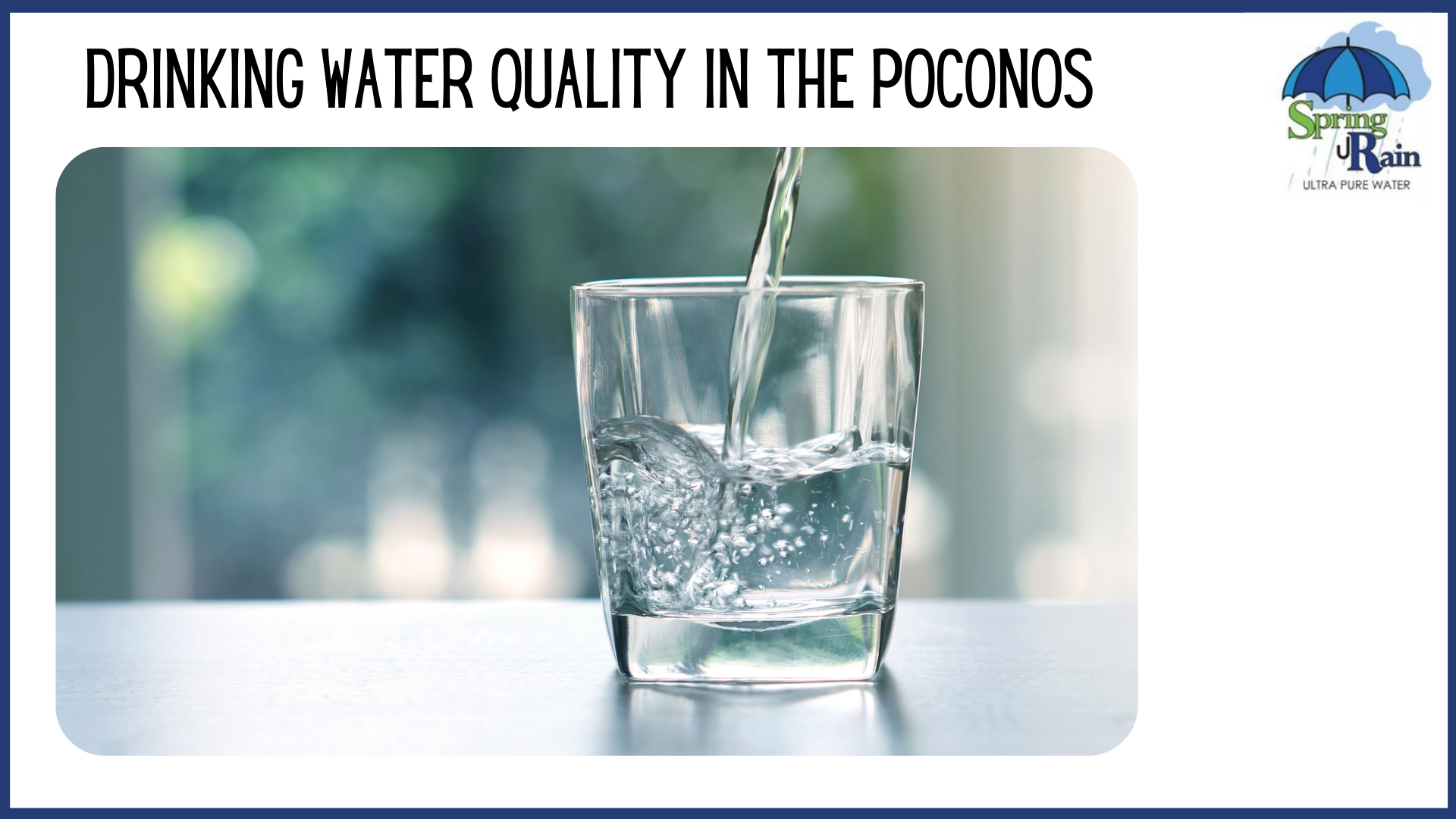Turning on your tap and knowing the water coming out of it is free of contaminants and harmful chemicals shouldn’t be as big of a deal as it often is. The likelihood of your tap water containing arsenic and lead is higher than you might realize. While a certain amount of arsenic is due to the rocks it runs through, higher levels can be a cause for concern. Lead is often caused by either the very old pipes and infrastructure of the area in which you receive your water, or simply lead in the pipes in your home, particularly if it an older home. There are, however, other additives to the public drinking water that are of concern as well, and these are man-made.
According to the Pennsylvania DEP, emerging contaminants are often referred to by a myriad of titles including microconstituents, trace organic compounds, pharmaceuticals in the environment, or pharmaceuticals and personal care products. The titles refer to a diverse collection of thousands of chemical substances that range from prescription, veterinary, and over-the-counter therapeutic drugs to cosmetics, sunscreens, and fragrances.
Endocrine disruptors are a subset of this collection of compounds and are agents that affect the endocrine system. The endocrine system is a complex network of organs that secrete hormones into the bloodstream to target cell receptors in other organs or tissues to regulate many of the body’s functions. Endocrine-disrupting compounds are suspected to cause negative reproductive and developmental health effects in humans, animals, and the aquatic environment by mimicking or blocking hormones and therefore disrupting the body’s normal functions. Some examples of endocrine-disrupting compounds include pesticides, plasticizers, and flame retardants.
Many items can wind up in the water used for public use. Nearly anything tossed into a waterway can be in your tap water.
- Pills often are simply flushed in the toilet.
- Empty bottles are thrown in the river after rafting.
- Dirty diapers or personnel products are not disposed of properly in the trash and instead flushed down a drain.
Methods/Processes of cleaning water:
- Reverse Osmosis Membranes
- Nanofiltration membranes
The professionals at Spring Rain can help you decide on which filtration system or reverse osmosis system will be most beneficial at filtering out these types of contaminants.

Recent Comments